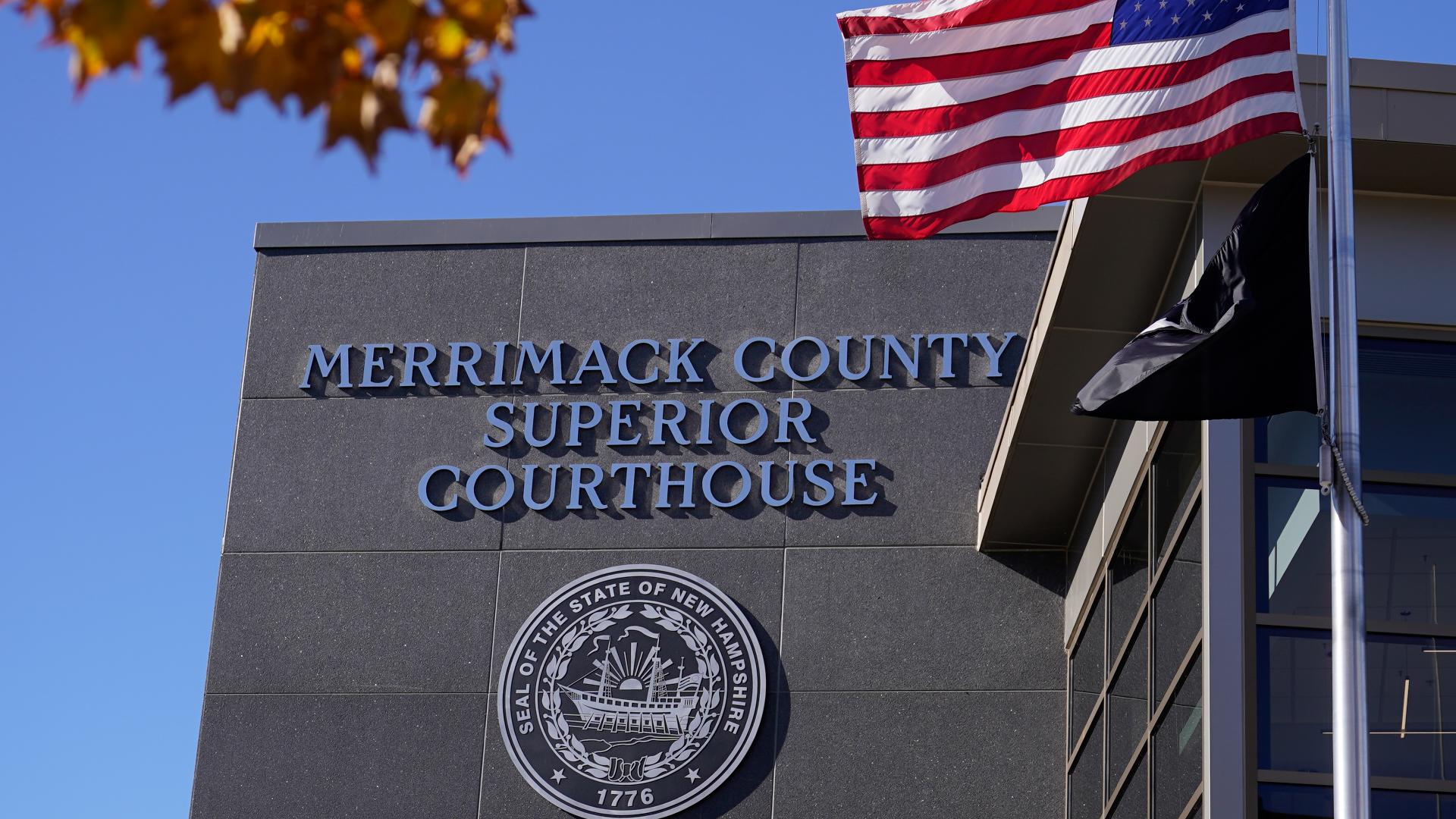CONCORD, N.H. — The former head of New Hampshire’s youth detention center is defending himself against claims that he either encouraged physical abuse or was “willfully blind” to it during his nearly 40 years at the facility.
Ron Adams didn’t testify during the landmark trial in which a jury found the state negligent and awarded $38 million to a man who said he was beaten and raped hundreds of times at the Youth Development Center. But his name came up often: Multiple former staffers testified that Adams was resistant to training or disciplining staff, was dismissive toward whistleblowers and endorsed his predecessor’s philosophy: “If the kids give you any (expletive), beat the (expletive) out of them.”
“The fish rots from the head,” said attorney David Vicinanzo, who argued that the facility’s leaders enabled a culture of abuse. And while part of the verdict remains disputed, the judge overseeing the trial has said that based on the evidence, leaders “either knew and didn’t care or didn’t care to learn the truth” or were “willfully blind” to widespread physical and sexual abuse.
Adams disagrees. In an interview Tuesday with The Associated Press, he said he remembered police being involved in at least three cases of suspected sexual abuse.
“I had a number of people over the 39 years, four months and 25 days who did end up being disciplined by me for various things, not necessarily sexual abuse,” he said. “We didn’t ignore things."
Adams began his career at what was then called the New Hampshire State Industrial School in 1961, worked his way up from science teacher to superintendent in charge of the entire facility by the mid-1980s, and retired in 2001. Now 87, he said he doesn’t remember most of the 10 former employees who are facing criminal charges, nor does he remember the former workers who testified about their interactions with him in the 1990s when plaintiff David Meehan was at the facility.
One woman testified that when she reported suspected mistreatment of residents to Adams, he suggested she was a troublemaker and not cut out for the job. Karen Lemoine also said Adams swore and threw her out of his office when she sought further discipline for a staffer who “joked” about a plot to have teens sexually assault her.
Adams said Tuesday he doesn’t remember Lemoine, and he never threw anyone out of his office.
“The rest of the stuff is very, very serious. If it happened, super serious,” he said. “If it got to me, I would’ve said let’s call the state police and get a formal investigation, because that’s what we did.”
He also disputed testimony from former staffers who were involved in investigating resident complaints. One testified that Adams said he would never “take a kid’s word” over that of a staffer; another said Adams matter-of-factly passed along the advice he had received about beating kids if they acted up.
“I used to tell people, ‘That’s what in the old days my instructions were, but they’re certainly not that now,’” he said. “I certainly never advocated it. I took discipline against anybody who did it.”
Meehan, 42, went to police in 2017 and sued the state three years later. Since then, more than 1,100 other former residents of what is now called the Sununu Youth Services Center have filed lawsuits alleging physical, sexual and emotional abuse spanning six decades.
Adams said he suspects many of the claims are false, though he expressed confidence in both juries and the head of a separate settlement fund that the state created as an alternative to litigation.
Though he didn’t know Meehan, Adams described positive interactions with other residents, including a quiet boy whom he said he coaxed into caring for a flock of baby chickens. He said he also made good on a promise to buy class rings for residents who earned degrees after their release.
“It’s good to have those kind of memories; it makes it all worthwhile,” he said.



